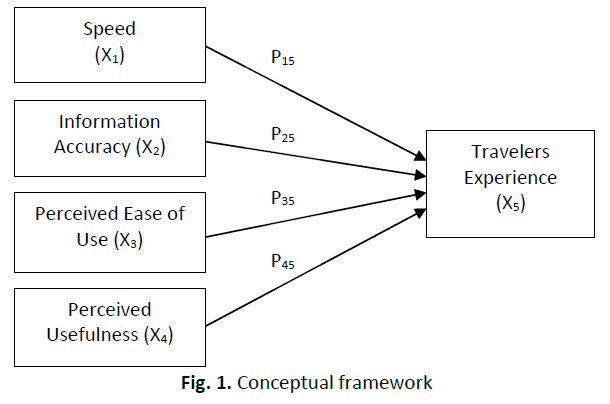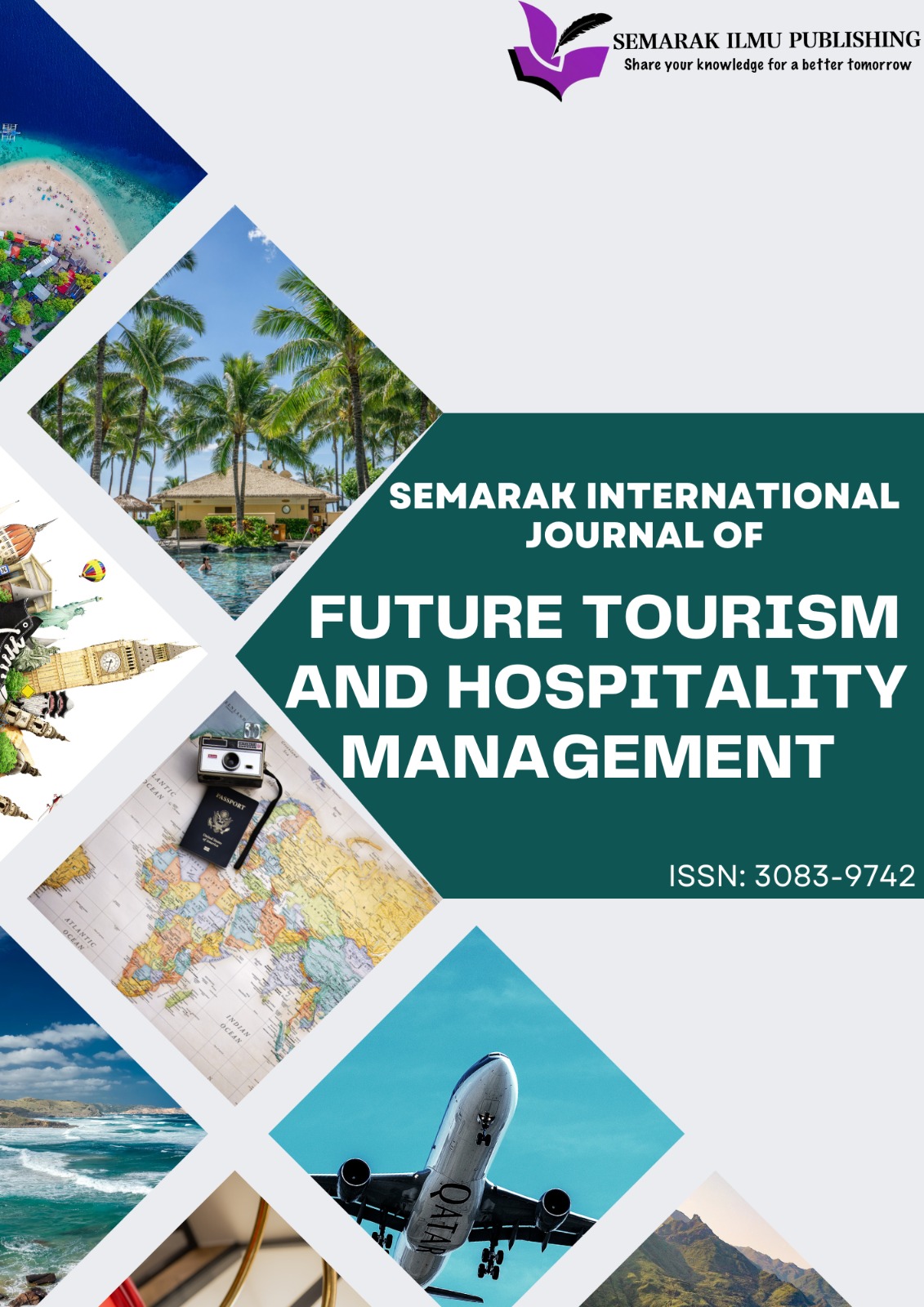Transforming Tourism Services: The Influence of Artificial Intelligence on Travelers’ Experience
DOI:
https://doi.org/10.37934/sijfthm.2.1.116Keywords:
Artificial intelligence, tourism experiences, destination choices, technology adoptionAbstract
Artificial Intelligence (AI) has significantly advanced across various industries, including hospitality and tourism. The integration of AI in tourism is reshaping travel experiences and operations, revolutionizing everything from travel planning to decision-making and overall destination experiences. However, the effectiveness of AI in enhancing tourists' satisfaction and providing valuable experiences remains a topic of debate among scholars. This study, grounded in the Technology Acceptance Model (TAM), aims to examine how AI elements, specifically speed, information accuracy, perceived ease of use, and perceived usefulness contribute to travellers’ experiences from the planning phase to the completion of their journey. A quantitative research approach is employed using a cross-sectional research design and convenience sampling to target local tourists in Klang Valley. Data collected through self-administered questionnaires and analysed using the partial least squares structural equation modelling (PLS-SEM) technique via SmartPLS software. Findings indicate that AI elements such as speed, information accuracy, perceived ease of use, and perceived usefulness have positive and significant effects on travellers’ experiences and satisfaction. The results highlight AI’s role in providing clear and accurate information about tourism attractions and destinations, enabling travellers to access necessary information quickly and efficiently. Overall, this study contributes to the ongoing discussion on AI’s effectiveness in tourism, reinforcing its potential to revolutionize the industry by improving service efficiency and customer satisfaction.









